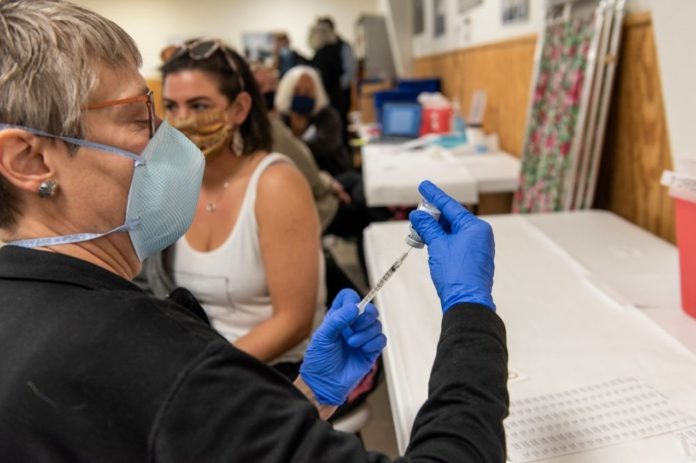Low-density granulocytes (LDG) are a subset of neutrophils that have been shown to increase in quantity in association with various autoimmune disorders and cancers, including rheumatoid arthritis, melanoma, liver cancer, and breast cancer.
Increased counts of these granulocytes have also been linked to septicaemia, but their overall function and function in infectious disorders remain unknown.
The arrival of the SARS-CoV-2 virus and the subsequent pandemic underscored the importance of further investigating the mechanisms of acute respiratory illnesses. Researchers from the University of Helsinki recently conducted a study in which they examined LDG levels in patients suffering from acute covid-19. The objective was to ascertain the involvement of LDGs in disease, if any.
The findings were published in the PLOS Pathogens journal.
The study enrolled 34 hospitalized patients and 21 outpatients with minor symptoms. The researchers measured LDG levels using flow cytometry and discovered a substantial rise in LDGs in the blood of acute covid-19 patients compared to healthy controls.
“LDGs are cells associated with the innate immune response, and they fight acute infections. However, their effect on the progression of covid-19 appears to take place through an inhibiting effect on the proliferation and division of T lymphocytes, consequently potentially suppressing part of the adaptive immune response against the virus,” says Luz Cabrera, doctoral student at the University of Helsinki.
The researchers detected multiple LDG subtypes in acute covid-19 patients, with four distinct LDG populations exhibiting discrete developmental stages. The researchers hypothesize that the stages reflect emergency myelopoiesis, or the creation of granulocytes in the bone marrow.
The researchers established a relationship between raised LDG levels and an increase in neutrophil demand and, consequently, neutrophil activation in the circulation. This is consistent with an inflammatory response in which neutrophil progenitors, or immature neutrophils, are rapidly created.
The researchers regard the immunosuppressive capacity of neutrophils exhibited in the study as a major finding, as it was discovered while isolating LDGs from patients. When isolated in the laboratory, the cells began secreting chemicals that limit the division of T lymphocytes.
“Low T lymphocyte levels are one of the major severity indicators for covid-19. A more effective immune response can be the difference between a milder disease and more severe one,” Cabrera says.
Photo by William Campbell/Getty Image
